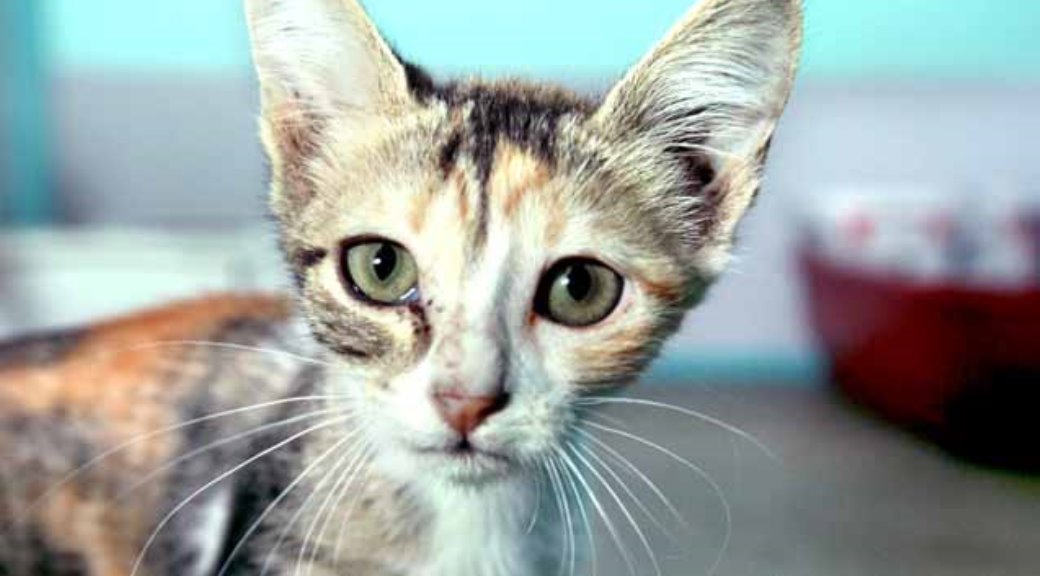
A kitten in trouble
A kitten was rescued from the trunk of a tree thanks to alert school children

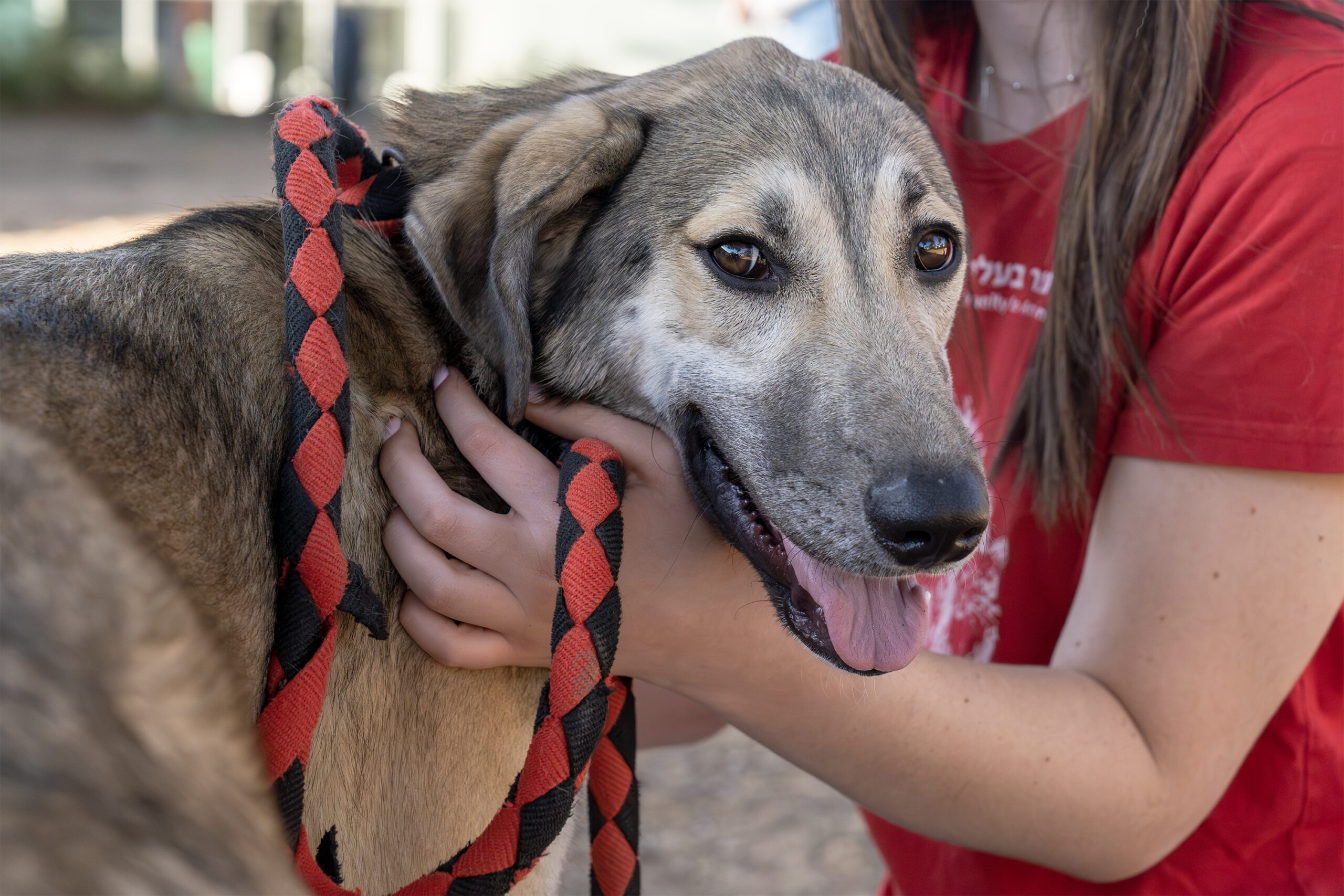
If you love animals and are looking for a way to help, our dogs and cats are waiting for you!

A kitten was rescued from the trunk of a tree thanks to alert school children
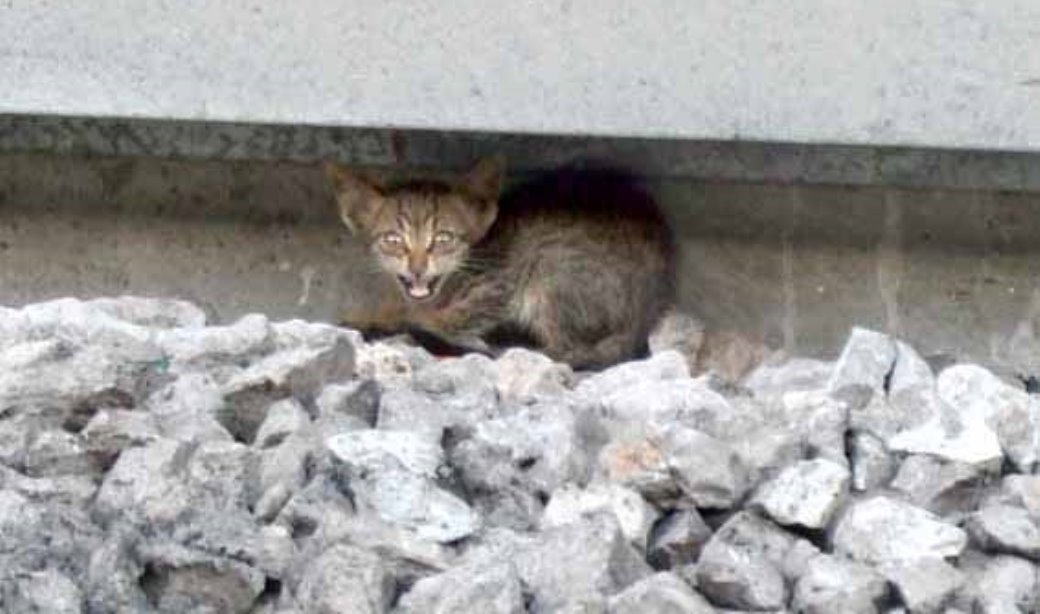
All trains were stopped and a representative of the Society rescued a kitten from the danger of being run over
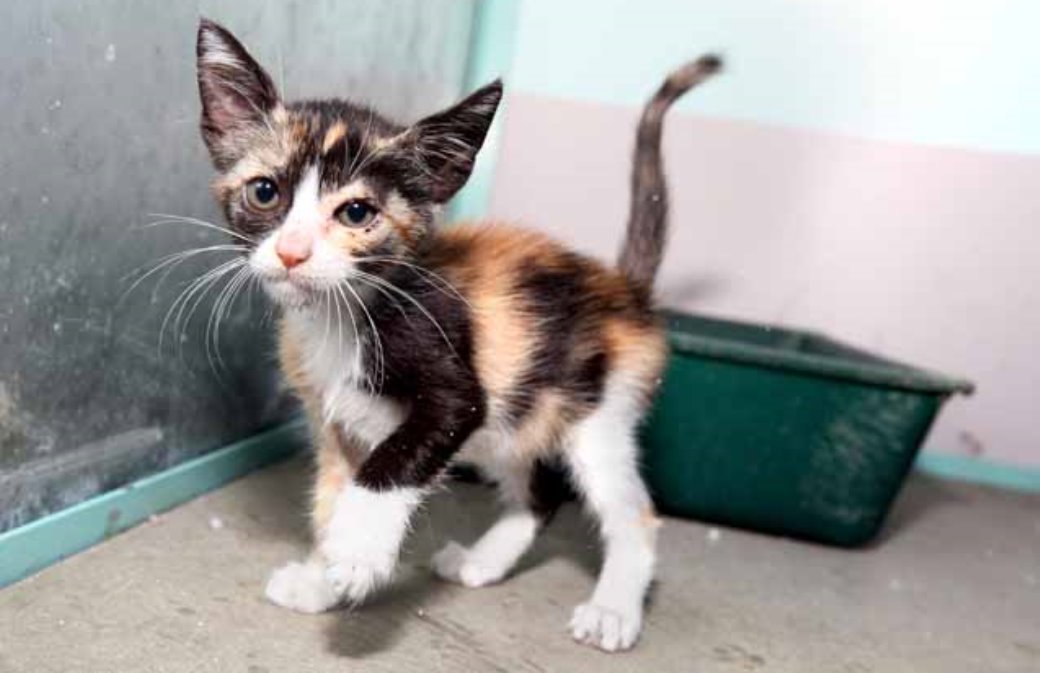
Representatives of the Society saved a kitten from being run over on the North Ayalon road
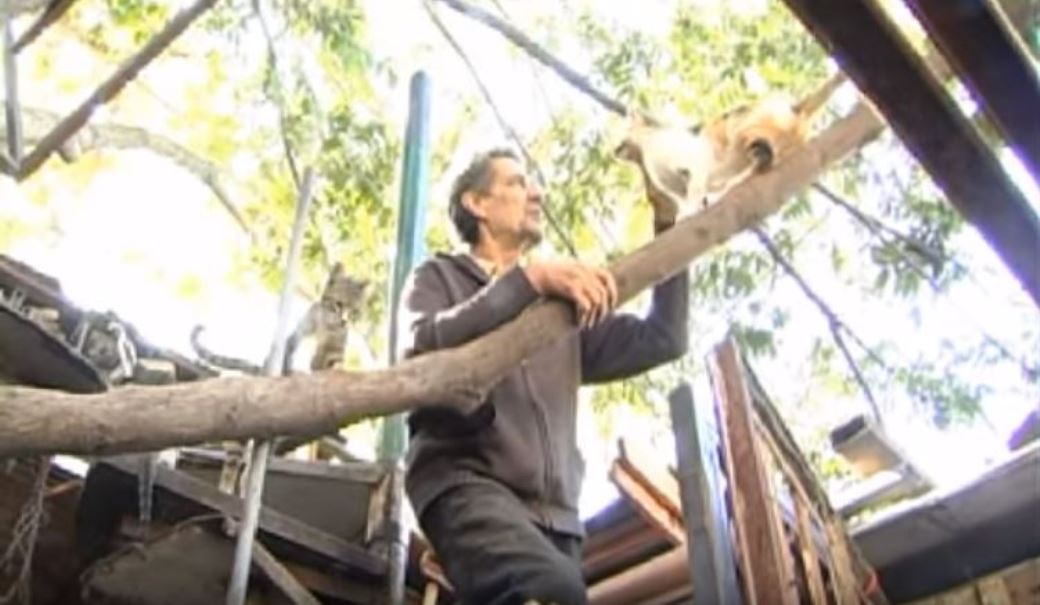
During the holiday of Chanukah 30 cats from the yard of a resident of the Florentine neighborhood were neutered and castrated at the clinic of the Society
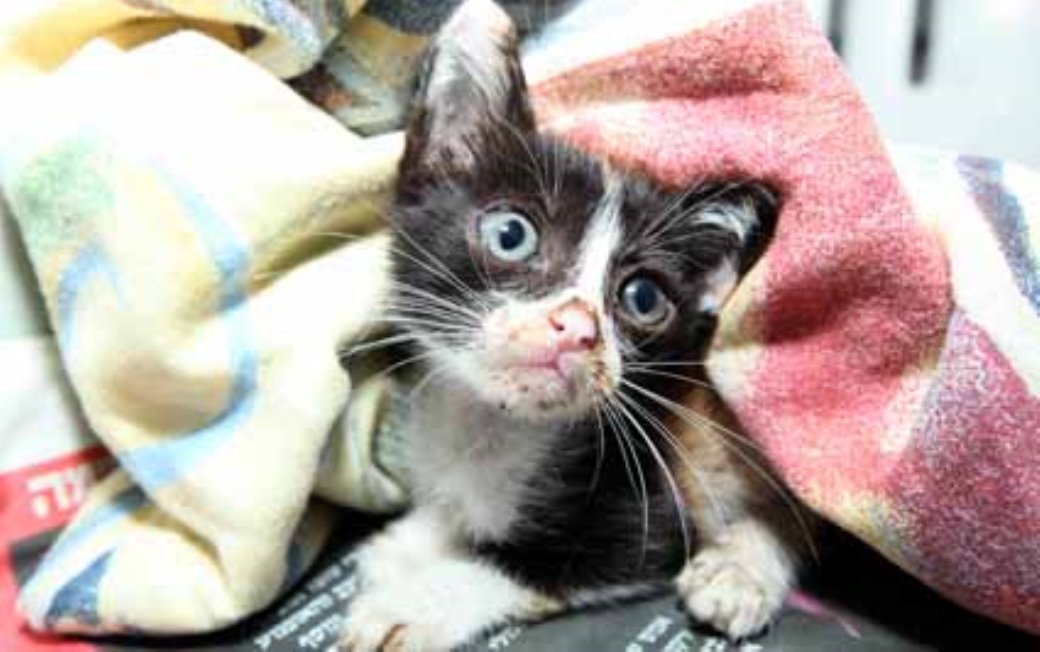
A rescue campaign for saving a cat that fell into a sewage pit was crowned a success
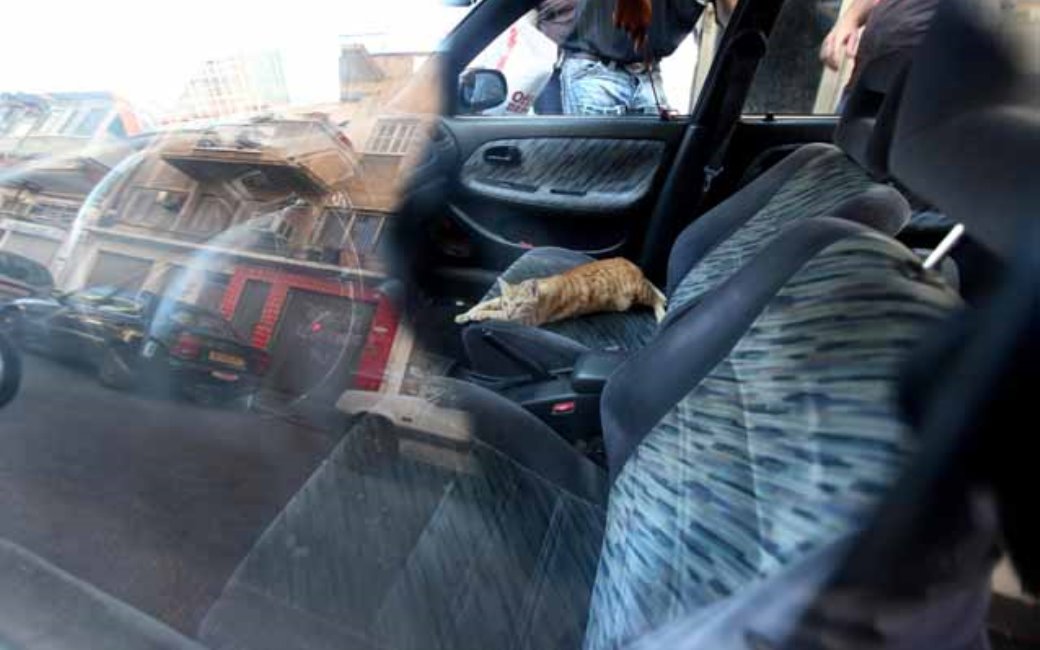
A cat’s life was saved after he was trapped at noon in a locked vehicle
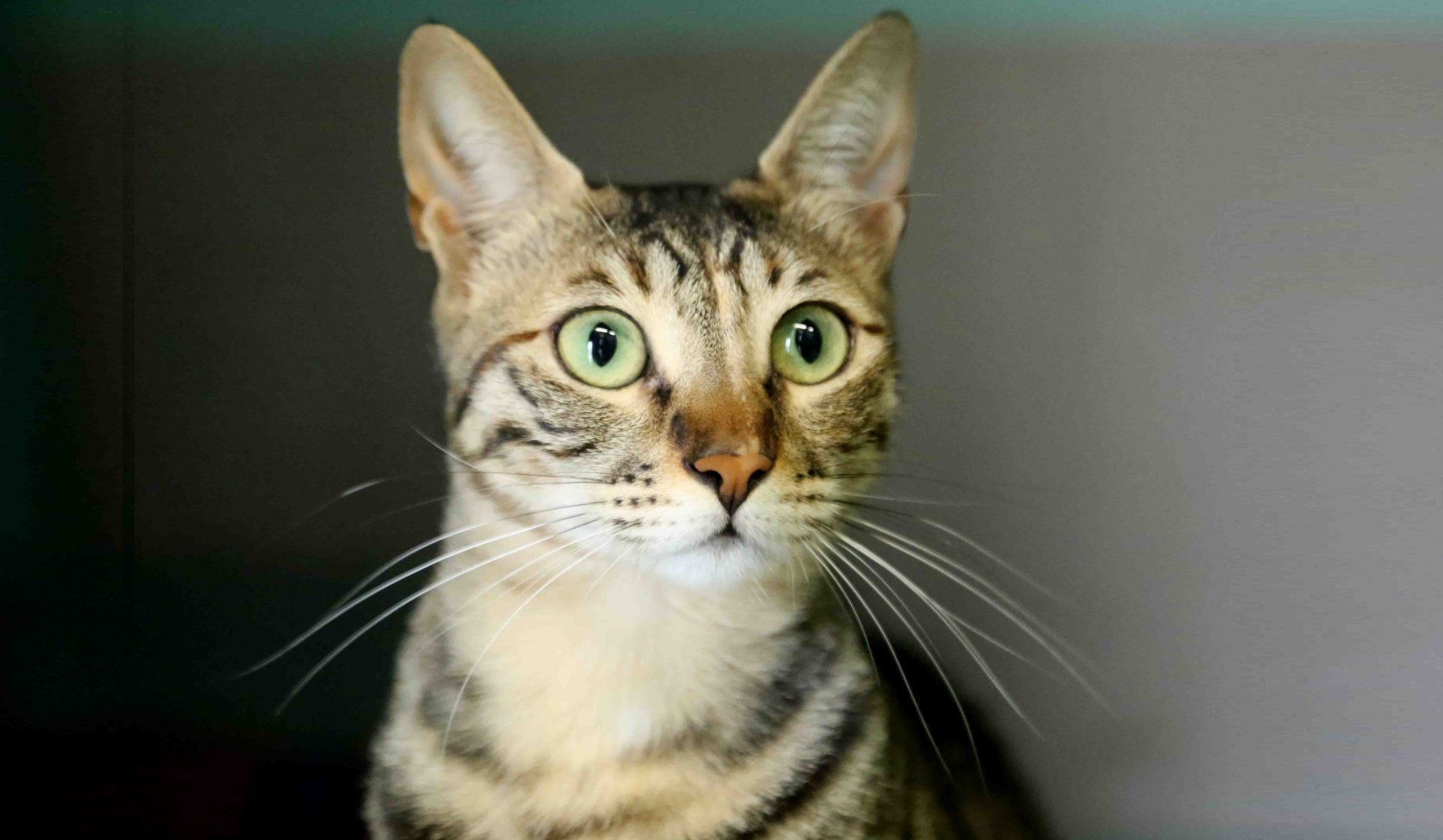
Varies bodies in Israel and the world tried to deal with the problem of street cats in various ways
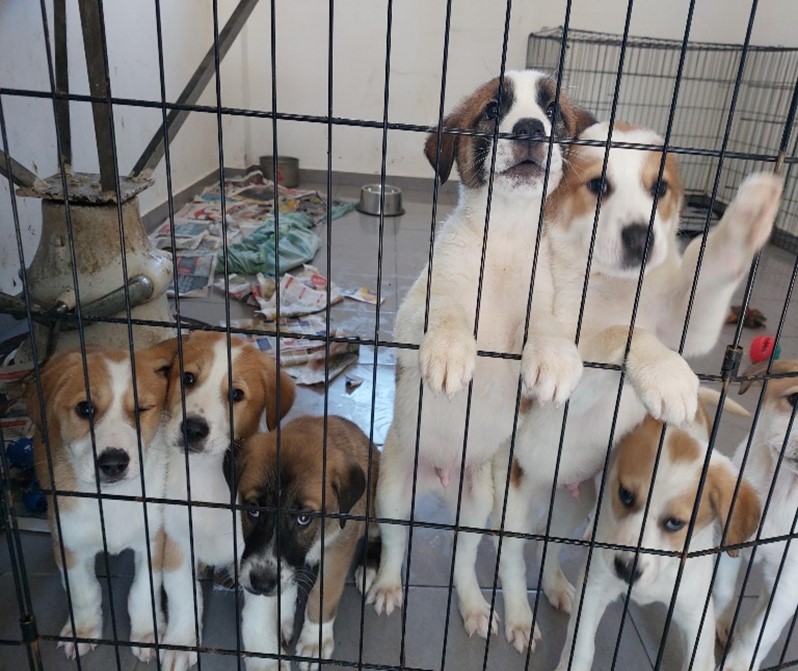
Every donation, even the smallest, will help us to help them